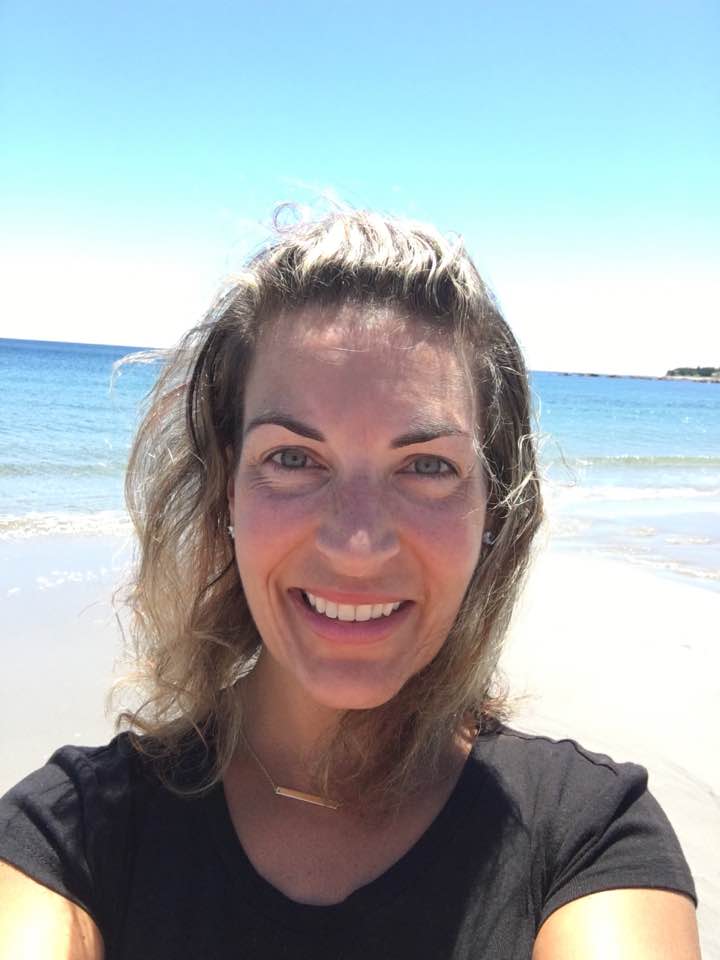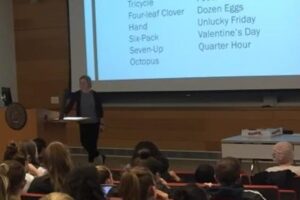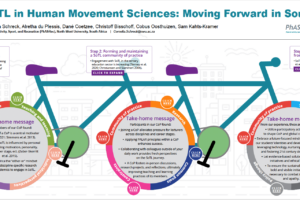ISSOTL Fellows 2020 Spotlight – Mandy Frake-Mistak

Mandy Frake-Mistak, PhD
Educational Developer
York University
Canada
ISSOTL Region — Canada
What drew you to SoTL? Quite simply, the community and the power of people connecting and collaborating on issues related to teaching and learning in higher education is what drew me and continues to draw me to SoTL. But when I think about my relationship with SoTL it definitely wasn’t a straightforward introduction, but rather, something else entirely. Long before I was an Educational Developer, I was acutely aware, both through observations and hands on experiences, of the teaching versus research nexus in higher education. In my early days as a graduate student and working as a Teaching Assistant and a Research Associate within various teaching and learning centres, I attended teaching and learning conference sessions that explored this divide, and engaged in wide dialogue. As a doctoral candidate I wrote course papers and began to publish my views and findings. It was not for some time that I discovered that what I was doing and engaging in was SoTL! From which point onward my thinking about my own scholarship and contributions to teaching and learning transformed beyond sharing the importance of teaching and learning in higher education to bridging this divide through my own actions and enabling (I hope!) the action of others. SoTL is the tool I use to build communities of peers working, learning, and collaborating locally and extralocally. These communities are where SoTL can be brought to life and thrive by community members who truly create the pulse of teaching and learning.
What does being an ISSOTL fellow mean to you? Writing the dossier for this fellowship was one of the most difficult and stressful things that I’ve ever done. It felt that there was a lot to prove to myself and those at my home institution that what I do and what I try to accomplish there truly has merit. This fellowship was a really big deal for me and in truth I don’t know that I’ve fully recovered from the process! I poured out my soul in this document – literally and figuratively so the be named as one of the nine fellows selected in 2020 meant a great deal both personally and professionally.
In my professional world, I encourage and support others to find the joy in their teaching and allow this joy to motivate their SoTL research. Celebrating with and for the people who engage with me is the most rewarding part of my role and I think, as an extension, being named an ISSOTL fellow has allowed new relationships and connections to both deepen and develop. These are new spaces to celebrate and engage collectively as a group of SoTL scholars where we can share in the delight of each other when we yield surprising results from our studies, learning, unlearning, and relearning. After having been named a fellow I have connected with SoTL scholars across Canada – 2020 fellows and 2019 fellows most profoundly. We meet frequently, we present frequently, we write frequently, and even better, we reflect and share frequently about how we do and support SoTL. These incredible individuals are contributing to the realization of a culture change in teaching and learning in higher education in ways that never cease to inspire me. I feel overwhelming gratitude to these individuals for pushing and challenging me in my work as well as driving my to contribute in new and different ways to the broader SoTL community.
What advice would you give to ISSOTL members looking to better engage others in SoTL? I feel compelled to enable future actions in my broader Educational Development community, in teaching and learning in higher education, and in SoTL. Importantly, I think, to better engage others in SoTL (well why wouldn’t they want to anyway!), we need to recognize that there is a learning curve as one engages in SoTL inquiry for the first time. I have refined my own understanding of SoTL and what it means to my work in local, national, and international communities and perhaps this is another layer to build into our SoTL advocacy, community building, and engagement of others.
As an Educational Developer, the process of doing and supporting SoTL research within an institutional context is not easy nor straightforward. I see an increasing need to provide Educational Developers with support so that they, in turn, may be better equipped to support those doing SoTL. Accordingly, I seek ways to share my learning with the Educational Development community and explicitly support other developers in developing SoTL support. Stemming from this work is my recognition that there is a need to mentor people in SoTL who may be going through a deeply uncomfortable process – with their peer-group, administration and management, ethical review boards, institutional discourses, institutional policies, and so on. Advocacy work is essential and ISSOTL engages in marvelous advocacy work already. I believe a core element of advocacy is to make what is invisible, visible by helping those who engage in SoTL recognize that their research is valuable, important, and critical to the lives and learning of their students and colleagues. My mission is to champion others who aspire to change the culture teaching and learning to find joy in their work and then to share that joy everywhere. We all have a joy quotient, so as ISSOTL members looking to better engage others in SoTL, maybe it’s as simple as simple as that.




